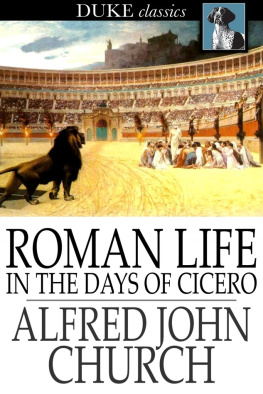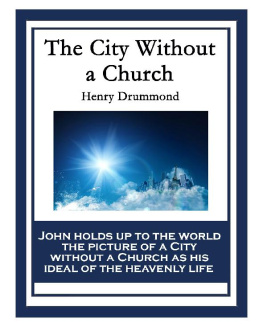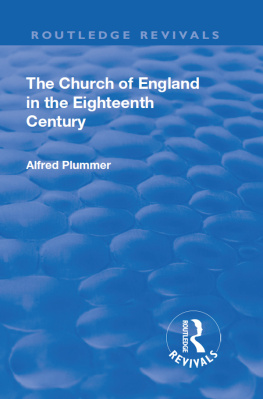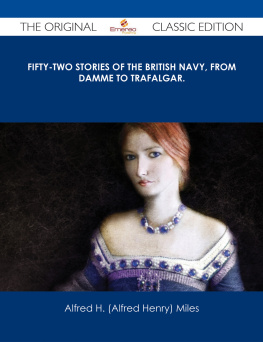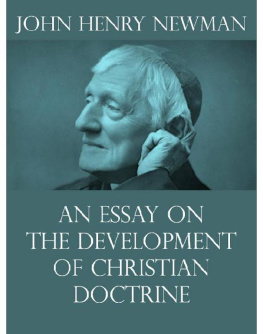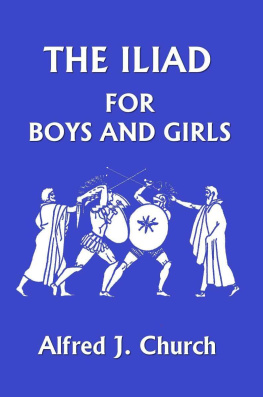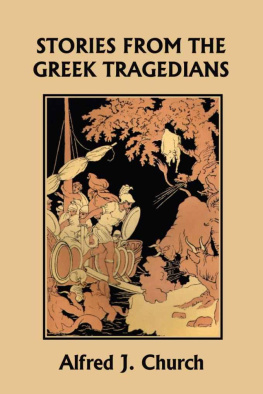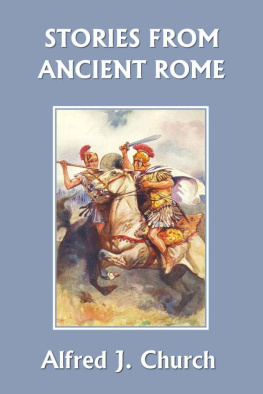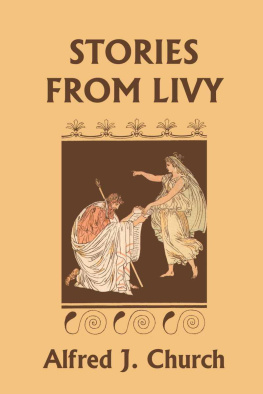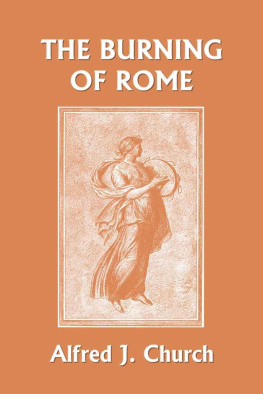CHAPTER I
THE BOYHOOD OF HENRY
Henry was born in the castle of Monmouth on August 9th, 1387. He was the eldest of the six children of Henry of Lancaster by Mary de Bohun, younger daughter and co-heiress of Humphrey de Bohun. Humphrey, as the last male descendant of the De Bohuns, united in himself the dignities and estates of the Earls of Hereford, Northampton, and Essex. The elder daughter, Eleanor, was married to Thomas of Woodstock, youngest son of Edward the Third. Eleanors husband hoped to secure the whole of the Hereford estates, amounting, it is said, to fifty thousand nobles of annual income (not less, it may be calculated, than two hundred thousand pounds of money at its present value). He took charge of his sister-in-law, and had her carefully instructed in theology, intending that she should take the veil in a convent of the Sisters of St. Clare. John of Gaunt had other views for her future. He took occasion of his younger brothers absence in France to have her removed to Arundel Castle, where she was very soon afterwards married to his son Henry. She died in 1394 in her twenty-fifth year. She was better educated, it appears, than most of the ladies of her day, and it would seem that some of her taste for books descended to her son. The character of Henry of Lancaster has been variously estimated. He won in his youth a high reputation for enterprise and courage. We find him fighting against the Mahommedans in Barbary in one year, and in the next against the Pagan tribes of Lithuania. His skill in all martial exercises was conspicuously great. But, according to one account, he was so stained with crime that his own father wished him to be put to death. He was a bold and probably an unscrupulous man, whom circumstances exposed to a very strong temptation. The weaknesses and vices of Richard the Second put the throne within his reach. We can easily believe that he really felt himself better qualified to rule than his feeble and capricious cousin, and it is just possible that he may have persuaded himself or been persuaded by others that there was something in his claim of hereditary right to the throne. The power unjustly gained was retained by the methods to which an usurper is commonly driven, by falsehood and by cruelty. Former friends were betrayedas, for example, the Lollards, who certainly had helped him to the throneand enemies were ruthlessly crushed. The power thus won and maintained descended to his son in happier circumstances. The younger Henrys title was not seriously questioned. There was, it is true, a conspiracy against him, but it was not supported by any formidable party in the nation. A great success, won early in his reign, made him the object of popular enthusiasm. At the same time he had the advantage of a singularly attractive exterior: the hereditary beauty of the Plantagenets was conspicuous in him. And he was felix opportunitate mortis: he died before the lustre of his achievements and the charm of his personal qualities were dimmed by failure and the corrupting influences that wait on power. It was with him as it would have been with the Black Prince if he had died after Poictiers. Yet, allowing for some differences of a finer organisation, it is not difficult to see some of the main characteristics of the fourth Henry in his more fortunate son.
If tradition may be trusted, the young Henry was a delicate child, and was put out to be nursed at a village near Monmouth. The cradle in which he had lain was long shown as a curiosity at Bristol, and the name of his nurse, Joan Waring, appears in the public accounts, from which we learn that an annuity of twenty pounds was settled upon her after her foster-sons accession to the throne.
The household-book of John of Gaunt gives some interesting glimpses of the lads education. We have an item of money paid for strings for his harp, and another of four shillings expended on seven books of grammar for his use. The continued weakness of his health may be seen in the payment of a courier who announced to his father the fact of his alarming illness.
He had just entered on his twelfth year when his father was banished. He remained in England, probably under the care of his grandfather. But John of Gaunt died in the February following his sons banishment, and a few weeks afterwards Henry of Lancasters estates were seized by the Crown on the ground that he had slandered the King, and was consorting with his enemies abroad. The young Henry accompanied Richard to Ireland, and was sent to the castle of Trim in Meath, the ancient meeting-place of the Irish Parliament. He seems to have been kindly treated, and received the honour of knighthood from the Kings hands. He was left behind in Ireland in company with his cousin, the young Duke of Gloucester, when Richard returned to England in July. On August 18th Richard was made prisoner. The young Henry was immediately sent for, and was brought to England in a ship furnished by a citizen of Chester. At Chester he met his father, whom he accompanied to London. On September 29th Richard, who was now in the Tower, signed a deed of abdication: on the 30th Parliament met and declared him to be deposed; and on the same day the Duke of Lancaster was seated on the throne by the Archbishops of Canterbury and York.
Henry is said to have been created Prince of Wales by his father on the day of his coronation. At least we find him in possession of that dignity a fortnight afterwards, when the King grants to his most dear eldest son Henry, Prince of Wales, Duke of Cornwall, and Earl of Chester, the custody and rights of all lands of heirs under age in the principality of Wales and the counties of Chester and Flynt, and also orders him to be put in possession of the revenues of the duchy of Cornwall. The Council also had to consider where he should reside, and what establishment should be kept up for him.
Before long negotiations were entered upon for his marriage. Towards the end of the year a mission was sent to the King of France, proposing in general terms alliances between the two royal families. The proposal was rejected contemptuously. The King of France knew of no King of England but his son-in-law Richard. Before many weeks were past, Richard was deadby what means it does not belong to our present purpose to inquireleaving a virgin widow, Isabella of Valois. Isabella, eldest of the five daughters of Charles the Sixth of France and Isabeau of Bavaria, was then in her thirteenth year. She had all the beauty of her race, and would be a richly-dowered bride. Henry lost no time in asking her hand for his eldest son. The demand was not welcome either to the French Court, which was not disposed to recognise Henrys title, or to the young lady herself, who seems to have cherished a fond recollection of her husband. It was renewed more than once with the same ill-success. Henry was afterwards to win for himself by a very rough wooing a bride of the same house, the youngest of Isabellas sisters.



